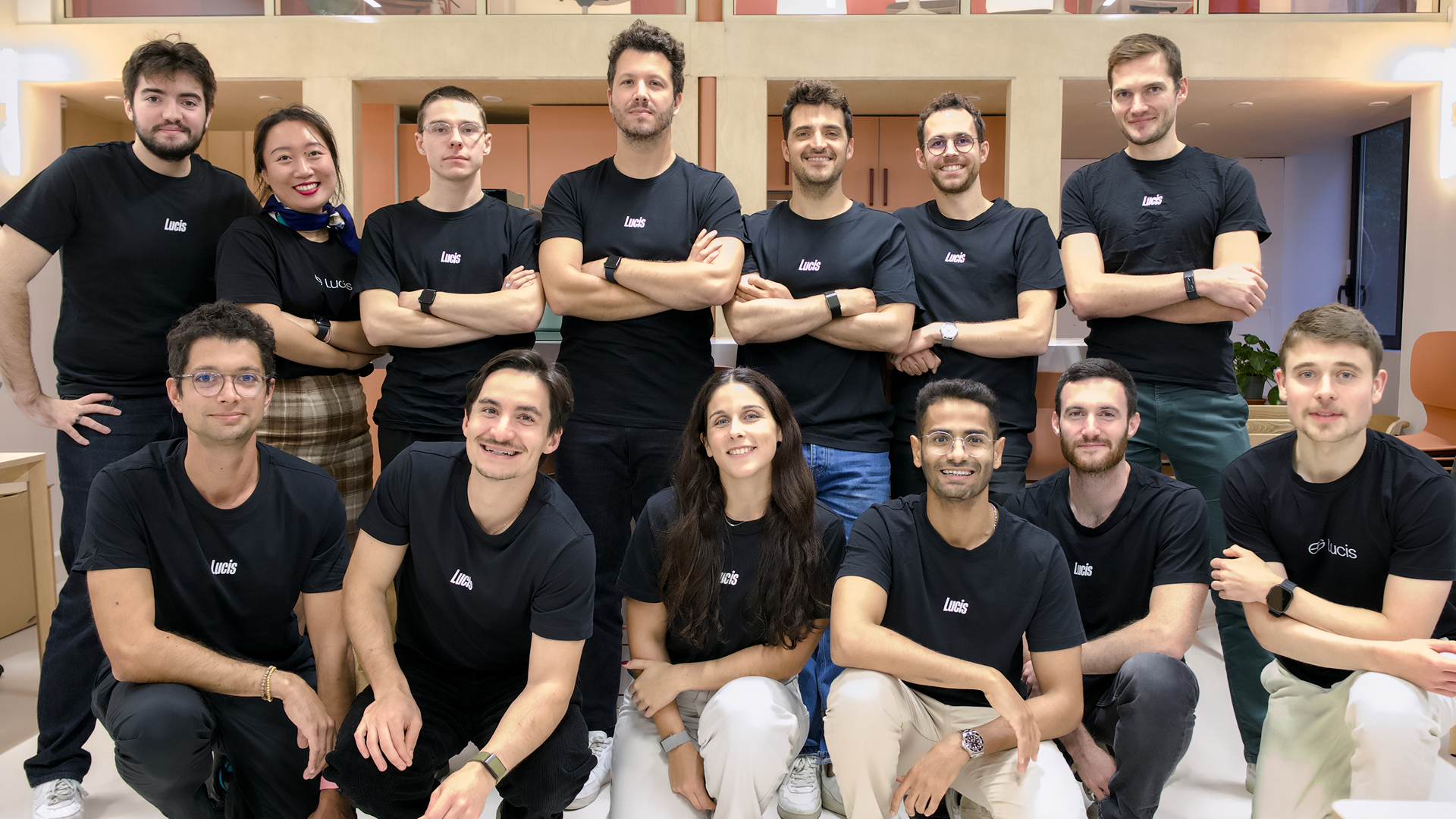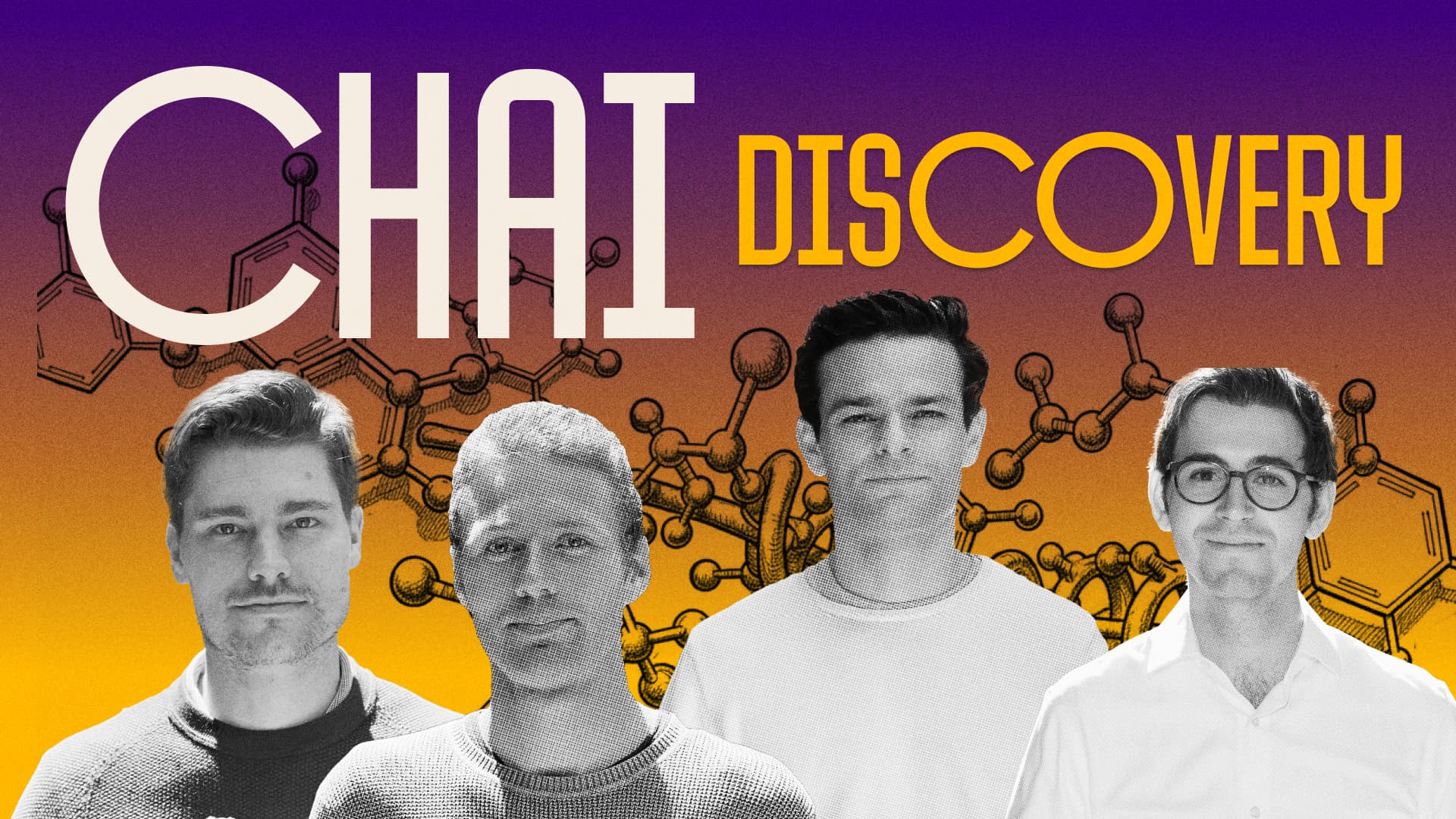Table of contents
Recently, I had the opportunity to speak with Hanna Patterson, Senior Vice President of Healthcare and Applied Learning at Guild, Allan Calonge, Chief People Officer at Bon Secours Mercy Health and Odesa Stapleton, Chief Diversity and Inclusion Officer at Bon Secours Mercy Health. Guild is a mission-driven platform that aims to unlock opportunity for America’s workforce through upskilling. Bon Secours Mercy Health is aligned in its mission-driven approach to deliver value-based healthcare through strategic partnerships and a service-oriented ethos. Our conversation looked ahead to the year 2030 and reimagined what a transformed healthcare workforce would reflect, following innovative partnerships like Guild’s partnership with Bon Secours Mercy Health. But first, we had to examine the current state of the healthcare workforce, which is marked by inequitable access to pursuing health careers, a topic I discussed at length in my latest book Feelin’ Alright: How the Message in Music Can Make Healthcare Healthier. Partnerships like this have remarkable potential to bring us closer to General Catalyst’s Health Assurance vision by meeting the ever-evolving needs of healthcare talent so they are equipped to deliver the best care possible.
Addressing Barriers to Healthcare Careers
The demand for healthcare workers continues to climb and exceed the supply. It is projected that more than 275,000 additional nurses will be needed from 2020 to 2030. Populations, such as single mothers and adult learners, have been historically underserved in pursuing and advancing healthcare careers. The partnership forged between Guild and Bon Secours Mercy Health endeavors to carve a path for these demographics. As iterated by Hanna during our conversation, nursing education is traditionally a full-time commitment. She noted that the members “tend to be first time college students. They tend to be female, disproportionately female, disproportionately caregivers or primary caregivers.” This stipulation has the potential to prevent demographics like single mothers from accessing such career paths. Guild supports its learners by finding non-traditional avenues for schooling so that their career development is compatible with their current life circumstances. In an increasingly virtual world, Guild also understands the need to prepare the healthcare workforce to meet the demands of patients as they change. This might look like rethinking talent pipelines by connecting its members to upskilling programs for telehealth delivery.
Odesa, as the Chief Diversity and Inclusion Officer, recognizes the additional gaps in the healthcare talent pipeline that could be addressed to better serve members, such as those that are marginalized, in rural communities or were not previously able to finish their education. Through the partnership, Bon Secours Mercy Health pays the full tuition for part-time and full-time associates who elect to pursue clinical paths such as nursing, medical assistant, and laboratory technician. Tuition assistance and reimbursement is available for 115 academic programs, undergraduate degrees, graduate degrees, and nursing programs. Personalized coaches from Guild will support the associates’ journeys from enrollment to graduation. Underscoring the need for inclusivity, Odesa stated, “Now, with places like Guild, to help strive for getting a more inclusive environment to provide for patients in every walk of life, in every community, be it a marginalized community, be it a diverse community in whatever aspect, we had to go in and say let's train them. Let's have more opportunities for them to come in as preceptors while they're working and going through school.” We believe that Guild’s ongoing support, understanding of the healthcare workforce’s diverse needs, and upscaling of talent at this critical juncture will be transformative in helping to meet the burgeoning demand in this sector.
2030: The Future Transformed Healthcare Workforce
Responsible Innovation, or building with intention, is in General Catalyst’s DNA, and the intentionality behind Guild's partnership with Bon Secours Mercy Health is evident. As the Chief People Officer, Allan Cologne oversees the supply chain of people and believes that further increasing inclusivity via forging partnerships with local colleges, high schools, local community groups and trade schools will be instrumental in intentionally expanding the supply of talent. This growth aims to enhance diversity, which we believe will equate to solving the sector’s forthcoming challenges with more creativity. As previously marginalized populations gain access to healthcare careers, care has the potential to be delivered with increased cultural competency, thus driving health outcomes. The health crises of the modern era left a scar on the healthcare workforce, but we believe the future is brighter with the Guild capability.










_r1_v2%20(1).jpg)

